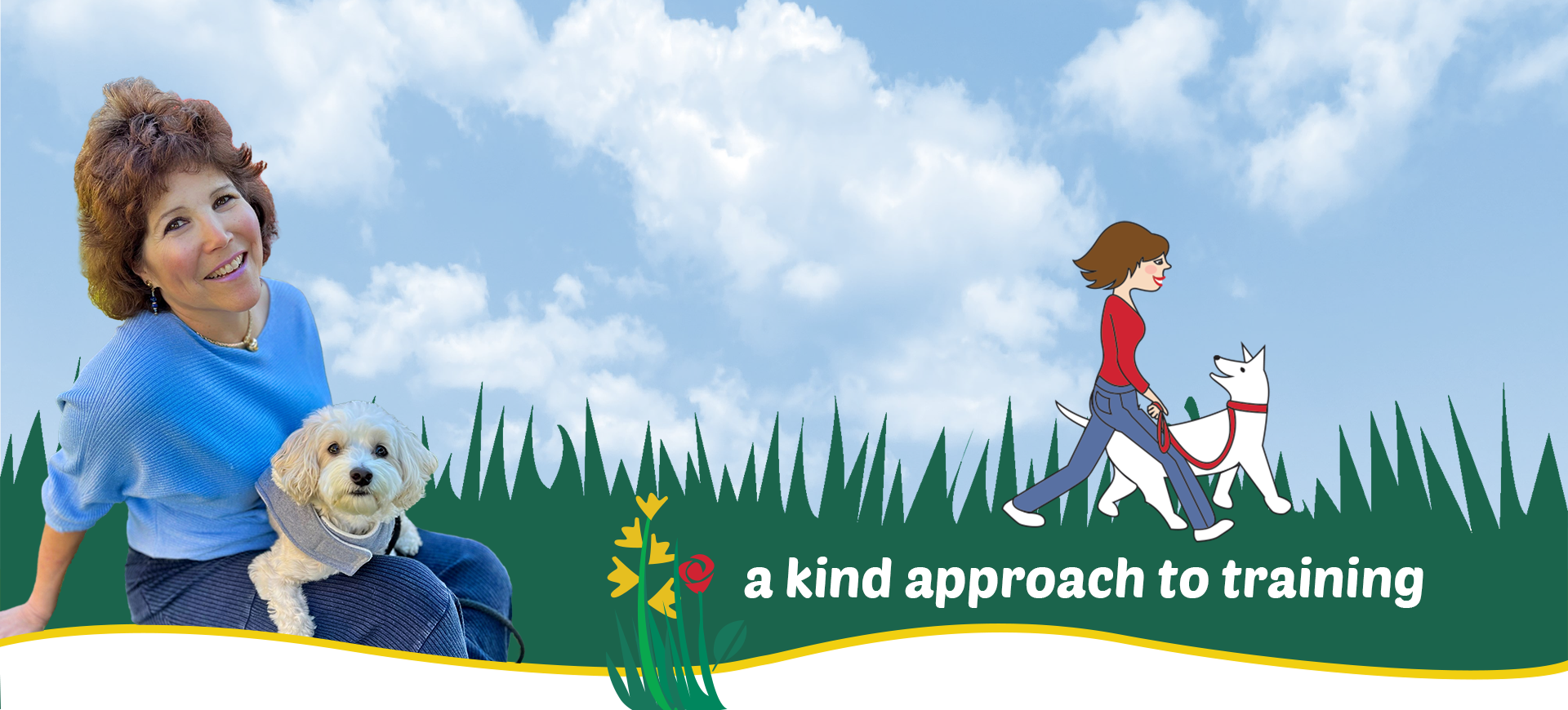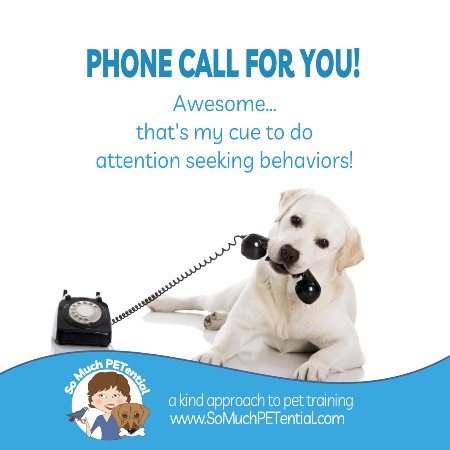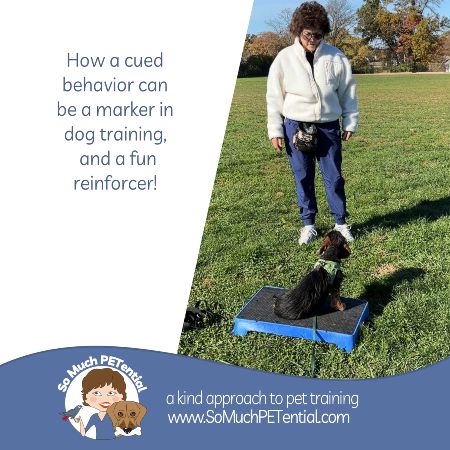Have you ever stopped to think how much predictability there is in your pet’s life? To what degree can your pet expect that certain things happen at certain times or when certain behaviors are allowed vs not allowed or that when you or someone else walks into a room, that something good (from your pet’s perspective) will result?
 Consistency or predictability can go a long way in strengthening your pet’s quality of life – and your relationship with it. Past experience is what teaches all of us associations between behaviors and consequences (respondent or operant conditioning); and, through reflexive learning, environmental stimulus with a previously neutral stimulus (classical conditioning). When there is a lack of clarity from mixed consequences in the past, that can lead to a lot of stress.
Consistency or predictability can go a long way in strengthening your pet’s quality of life – and your relationship with it. Past experience is what teaches all of us associations between behaviors and consequences (respondent or operant conditioning); and, through reflexive learning, environmental stimulus with a previously neutral stimulus (classical conditioning). When there is a lack of clarity from mixed consequences in the past, that can lead to a lot of stress.
Think about that from your own perspective. If you work for an employer who gives you no feedback (and especially no positive feedback) until you suddenly do something ‘wrong’, you may find yourself on edge a lot in anticipation of criticism. If you do not know when your communication with someone will be welcomed or when you will be pushed away, you probably will be less likely to try and reach out in the future. If you are someone who needs to use the bathroom every few hours, you may be stressed going for a long hike in a cave or passing up that restaurant exit on the highway if you do not know when you will find your next opportunity to relieve yourself.
Now think about your pet. If your pet can not predict when or how its interacting with you will result in a positive or negative outcome, your pet may choose to come to you less. If your pet can not predict what behaviors to do to get its needs met or has no consistency in terms of a daily schedule, that lack of control can cause stress.
I encourage you to think about your day and your interactions with your pet. Are there things you can adjust to give your dog or other animal more clarity?







